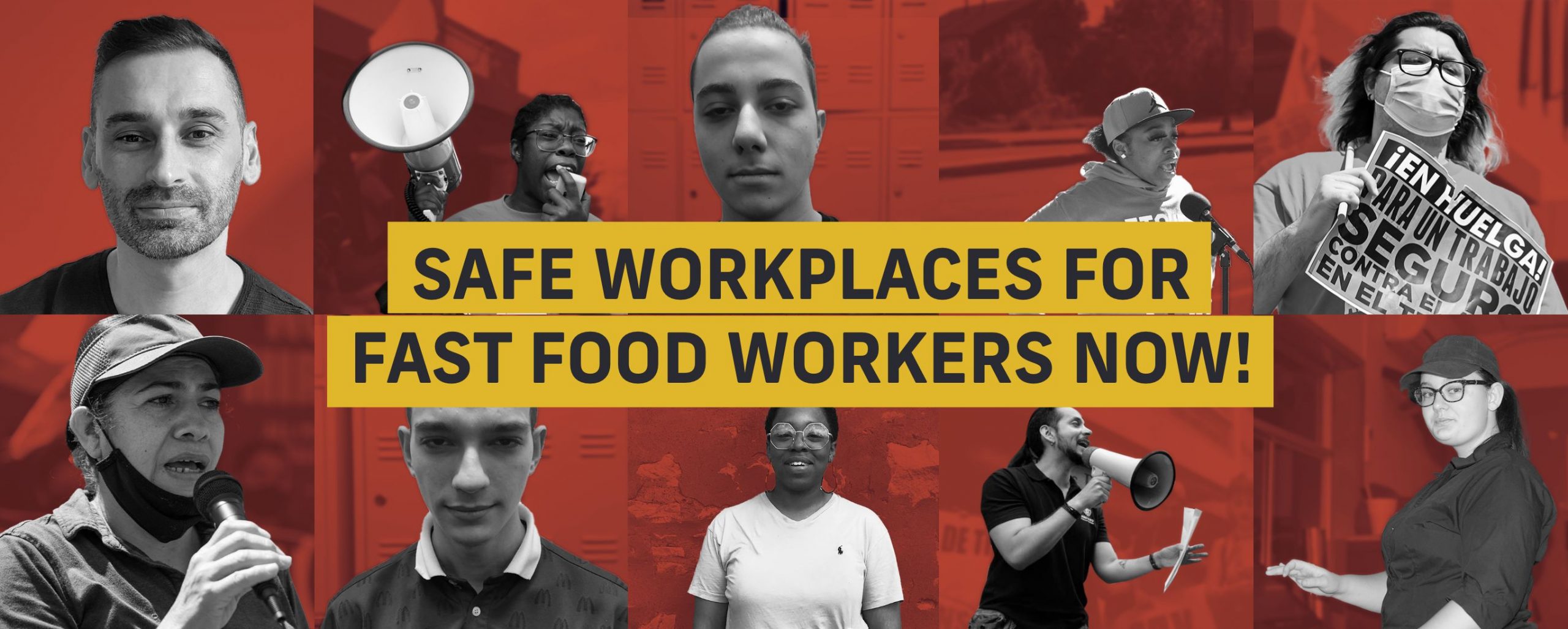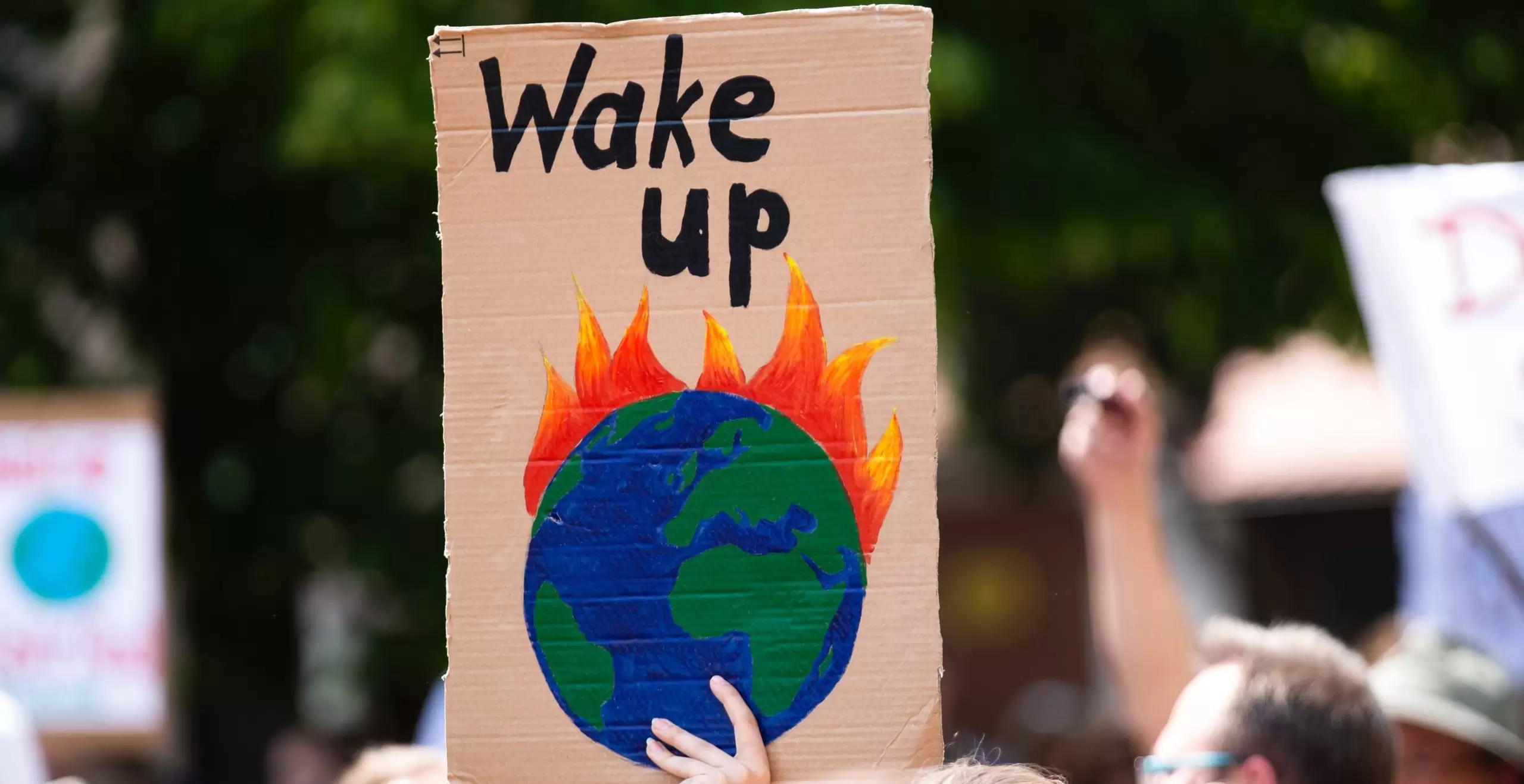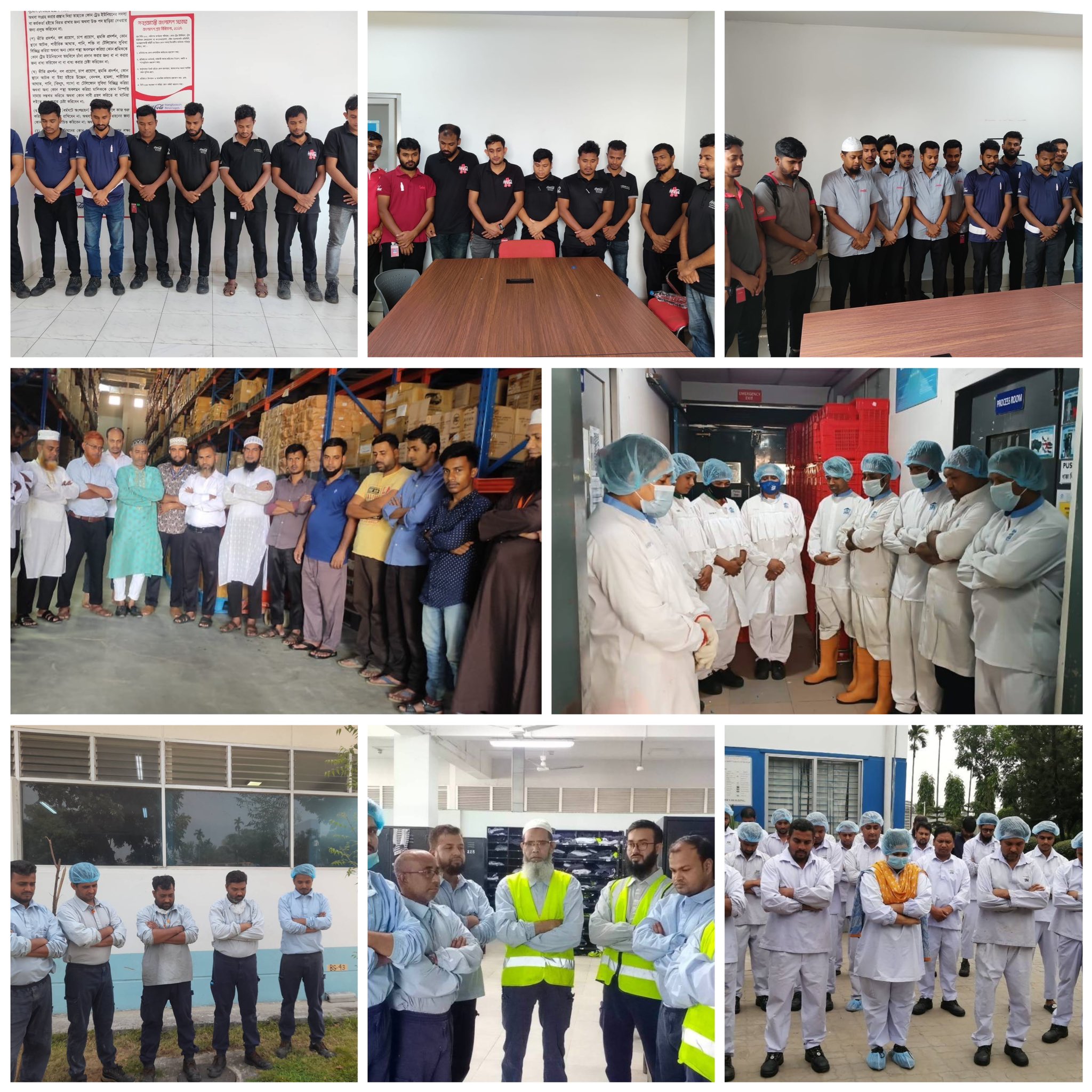On International Workers’ Memorial Day, April 28, the IUF-affiliated Fishworkers Solidarity, a member organization of SENTRO, remembered the commercial tuna fishing vessel workers who died or who were “lost” at sea and remain unaccounted for.
Among those remembered on April 28, were workers on tuna fishing vessels who died at sea but whose death was not considered a workplace death. This includes Perfect Aldo who died onboard on January 10, 2020, Arnel Abada who died at sea from pneumonia on June 12, 2021, and Noneto Romero who died onboard from cardiac arrest on November 5, 2022.

Perfect Aldo died onboard the tuna fishing vessel on January 10, 2020

Tuna fishworker, Arnel Abada, died at sea from pneumonia on June 12, 2021
Also remembered are those that the commercial tuna industry and authorities simply declare as “missing” at sea. This includes Gerir Rulete, missing since September 3, 2014. After a decade his family still cannot find peace and his death has not been recognized as work-related.

Tuna fishworker Gerir Rulete, “missing” since September 3, 2014
Warren Poncardas has been “missing” since August 21, 2003. After 21 years his family too cannot find peace. This is another death while working that is not officially work-related.
The families of Roger Maglasang, Carlos Dejillo, Marvin Villaroya, Ricky Longgarit, and Roy Maglasang were all told that their husbands, fathers, brothers were missing at sea on August 24, 2003. Twenty-one years later, they remain unable to bury their loved ones; unable to declare them dead. As a result, their families are denied the certainty – the truth – that they died while working at sea. They are also denied the insurance they are entitled to for the work-related deaths of their loved ones.
Along with Gerir Rulete and Warren Poncardas, Roger Maglasang, Carlos Dejillo, Marvin Villaroya, Ricky Longgarit, and Roy Maglasangare are among the Unknown Workers killed and forgotten by an irresponsible and reckless commercial tuna industry.
On April 28, Fishworkers Solidarity called for urgent action by the government, employers and the commercial fishing industry to take responsibility for the health and safety of fishworkers throughout the tuna industry and to save lives.
The full text of the statement is below:
Fishworkers’ Solidarity Stands United on International Workers’ Memorial Day: Remember the Dead, Fight for the Living
International Workers’ Memorial Day, 28 April 2024
Fishworkers’ Solidarity reaffirms its commitment to honoring the memories of those who have lost their lives in the pursuit of their livelihoods, while steadfastly advocating for the safety and well-being of all workers in the fishing industry.
This solemn day serves as a poignant reminder of the sacrifices made by countless individuals who have tragically lost their lives due to occupational hazards and unsafe working conditions. From treacherous waters to inadequate safety measures, fishworkers often face perilous situations in their daily endeavors to provide sustenance for communities worldwide.
Today we remember the countless number of fishworkers who were lost out in the sea and remain “missing”. This year alone, we have identified at least 8 fishworkers who are considered “missing”, and that’s just for General Santos and the Saranggani Bay area alone. One wonders, do our government even keep track of these things?
We stand in solidarity with those who continue to endure hazardous working environments and demand accountability from stakeholders responsible for ensuring workplace safety. With the guiding principle of “Remember the Dead, Fight for the Living,” Fishworkers’ Solidarity underscores the urgent need for comprehensive reforms to prioritize the safety and rights of fishworkers everywhere.
This International Workers’ Memorial Day, Fishworkers’ Solidarity calls upon governments, employers, and industry leaders to:
Fully realize the our aspiration for “responsible fisheries and sustainable development” by enhancing the full participation of fishworkers in the whole decision-making process related to fishery resources.
Stop all proposals to amend the Fisheries Code and instead focus all government resources, including that of the non-government sector, on the a whole-of-government, full and effective implementation of the present provisions of the amended Fisheries Code to address illegal, unreported and unregulated fishing including the full implementation of the vessel monitoring system, with data provided to local governments and enforcement agencies.
Enhance safety regulations and enforce stringent measures to prevent accidents and fatalities in the fishing industry.
Provide adequate training, resources, and protective gear to empower fishworkers to carry out their duties safely.
Foster collaborative initiatives between stakeholders to address systemic issues and promote a culture of safety and respect within the industry.
Recognize the invaluable contributions of fishworkers to global food security and uphold their fundamental rights to fair wages, decent working conditions, and social protection.
Together, let us honor the memory of those we have lost by advocating for meaningful change and ensuring that no worker faces unnecessary risks in the pursuit of their livelihood.
Fishworkers’ Solidarity remains unwavering in our commitment to safeguarding the lives and dignity of all fishworkers, today and always.
Through collective action and advocacy efforts, we strive to address the challenges facing fishworkers and promote sustainable practices in the fishing industry. Join us in our mission to create a safer and more equitable future for all fishworkers.










